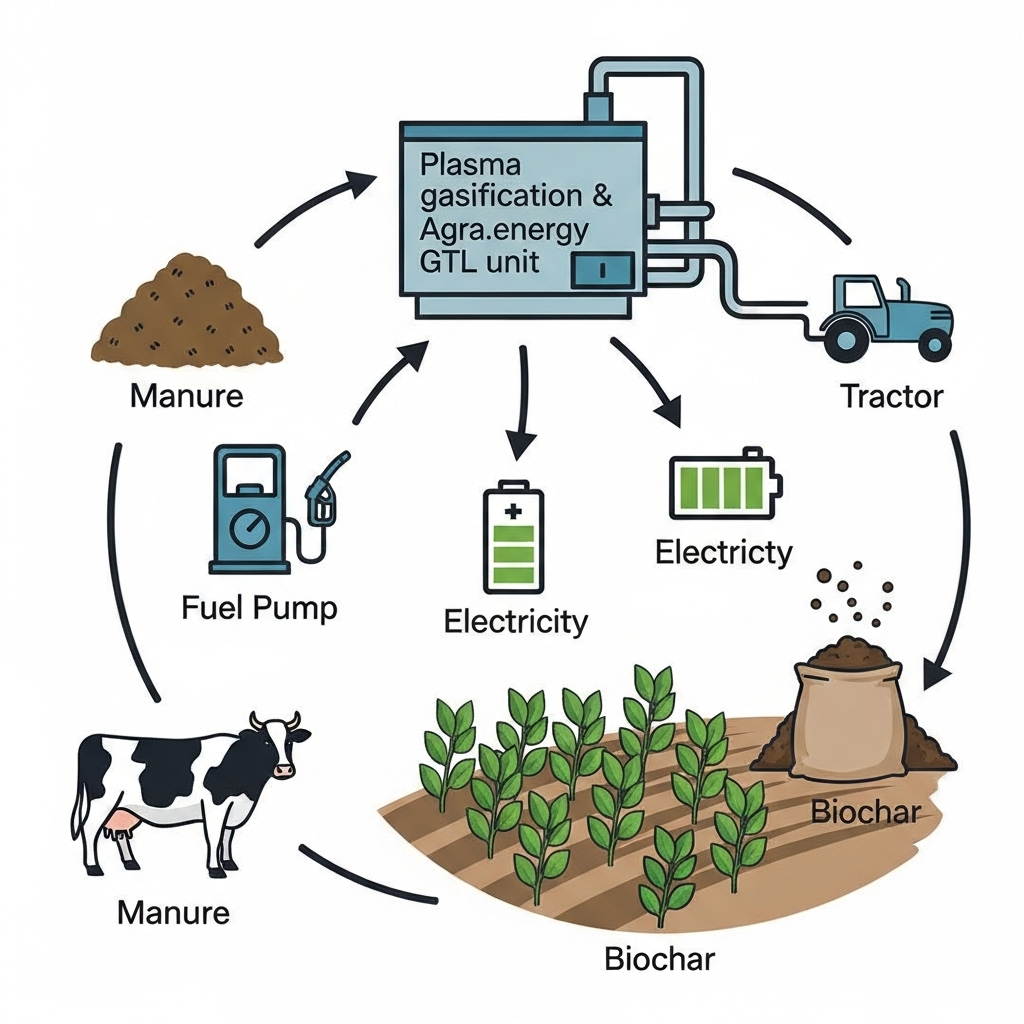
This technology is recognized for its ability to convert various difficult feedstocks, including waste and biomass, into a clean synthesis gas (syngas) and inert byproducts like glassy slag.
The planned 210 Tons Per Day (TPD) capacity for The PLASMA Project is a commercial scale, putting it in the range of systems developed by several industry leaders.
Here is a summary of prominent plasma gasification companies and providers:
Leading Plasma Gasification Companies
- Westinghouse Plasma Company (WPC)
- Focus: WPC is a well-established name in the sector, licensing the Westinghouse brand for plasma torch systems and plasma gasification systems[1]. The technology is proven for converting a wide variety of waste streams, including municipal solid waste (MSW) and hazardous waste, into clean syngas suitable for high-efficiency gas turbines or liquid fuels[1][2][3].
- Scale Reference: WPC technology has been used in commercial projects globally for over 10 years, and one facility in Utashinai, Japan, had a capacity of 220 TPD, which is very close to The PLASMA Project’s target of 210 TPD[4].
- PyroGenesis Canada Inc.
- Focus: PyroGenesis specializes in advanced plasma processes, including plasma gasification, to convert waste into energy and reduce greenhouse gases[5].
- Technology/Scale: They offer a Plasma Resource Recovery System (PRRS) that can process a wide variety of wastes and is available in capacities ranging from 1 to 100 metric tons per day per module[6]. A 210 TPD capacity could be achieved using multiple modular units from this provider.
- PLAZARIUM
- Focus: An international company that develops and produces plasma equipment for various applications, including ecological, power engineering, and special high-temperature applications[7][8].
- Technology/Scale: PLAZARIUM offers mobile and modular plasma gasification units (MGS) for the destruction and disposal of standard and hazardous waste, with the final product being syngas for electric and heat energy[8][9]. Their modular construction, often in 20/30/40-foot maritime transport containers, offers flexibility for remote installations[9].
- Plasma Development LLC (Gasplasma®)
- Focus: This company utilizes its proprietary Gasplasma® technology to transform waste into renewable energy, with a focus on achieving zero waste and environmentally friendly recycling[5]. The Gasplasma process is an advanced form of waste-to-energy technology.
- Reformed Energy
- Focus: Reformed Energy’s technology uses a closed plasma gasification system to process solid and liquid waste streams, preventing methane emissions and creating a versatile syngas for sustainable power generation[10]. The company has been working on bringing its technology to full commercialization.
- Europlasma
- Focus: Europlasma specializes in waste management and environmental sustainability, utilizing patented plasma torch technology for treating solid hazardous waste and processing toxic gases[5].
The PLASMA Project’s goal of a $10 million unit cost for a 210 TPD system, contrasted with the industry estimates of $27–$82 million, highlights the critical nature of DeReticular’s feasibility study to identify a cost-effective supplier or to validate significant local cost advantages in engineering, procurement, and construction (EPC)[7].
Sourceshelp

